Born in a quaint town in the southern Brazilian countryside in 1992, my journey took an exciting turn in 2009 when I moved to Florianópolis to attend university. This marked a milestone as I became the first in my extended family to gain admission to a public university.
From 2009 to 2013, I studied History at the Universidade Federal de Santa Catarina (UFSC), where I received training as both a researcher and a schoolteacher. During this formative period, I joined the Laboratório de História da Saúde e Sociedade (LABHISS, Centre for the History of Health and Society), under the directorship of Prof Renata P. Sigolo. Renata played a pivotal role in inspiring my passion for the social history of health and medicine, as well as my burgeoning interest in Chinese history.
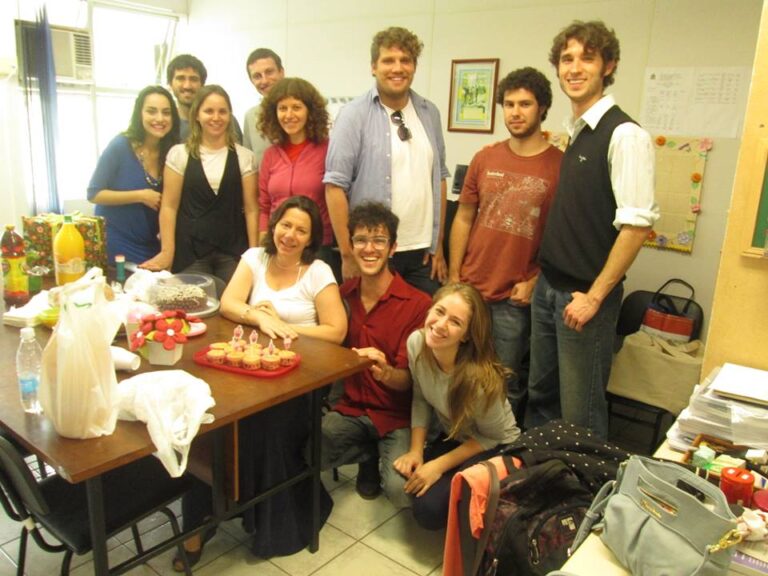
At LABHISS, I contributed to various interdisciplinary projects in medical humanities and public history. These initiatives addressed topics ranging from the history of counterculture and New Age movements to the popularisation of alternative medicine in Brazil. Our ongoing collaboration, the ‘Historical Gardens’ project, brings together historians, medical students, healthcare professionals and the general public to explore the history of medicinal herbs in China through interactive games. My second supervisor, Prof Li Shih-min 李世民, introduced me to the classical literature of Chinese medicine. Our afternoons spent in the university hospital, delving into the Huangdi neijing 黃帝內經, remain indelibly etched in my memory.
In early 2014, I was honoured to receive a five-year Chinese Government Scholarship from the Chinese Embassy in Brazil to pursue a master’s degree in Chinese History at Fudan University. My initial years in China were dedicated to intensive language studies, during which I learned Mandarin and Classical Chinese at East China Normal University (華東師範大學) and later at Nanjing Normal University (南京師範大學).
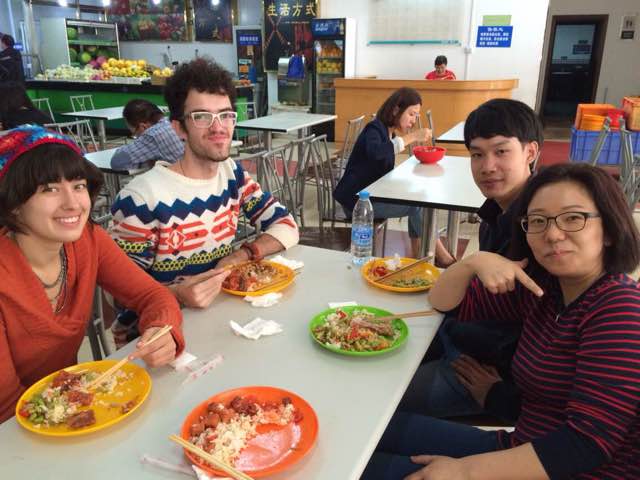
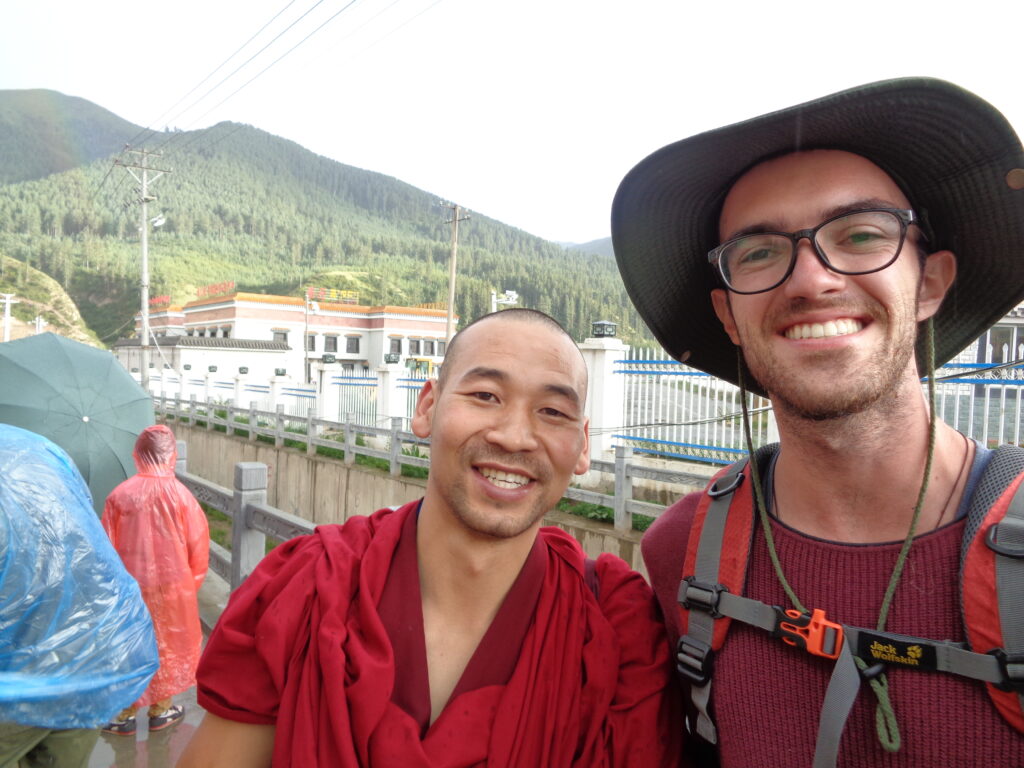
My master’s studies at Fudan University commenced in mid-2015. Immersed in an academic environment where all courses were conducted in Mandarin and surrounded by only local Chinese peers, I thrived on the challenge. The freedom to select my own courses inspired me to take on an ambitious workload, enrolling in five subjects, including Japanese and Classical Chinese – a decision that was both exhilarating and overwhelming.
Initially drawn to ancient Chinese history, my focus gradually shifted towards the late imperial period. Likewise, my early fascination with Chinese medical classics gave way to a growing curiosity about less conventional aspects of Chinese medicine. This new interest was sparked by a segment in Paul U. Unschuld’s Medicine in China: A History of Ideas, which explored the use of talismans and prayers in healing – a practice that resonated deeply with my own childhood experiences in Brazil. As a child, I had been treated for a persistent skin ailment by a Catholic black woman and folk healer (curandeira), whose methods included prayers and rituals with herbs.
This personal connection led me to spend countless hours at the Shanghai Library, poring over ancient manuscripts in search of talismans used in healing practices. To my surprise, I discovered an abundance of such manuscripts, often dismissed as mere superstition (mixin 迷信) by the librarians themselves. My research soon extended to other libraries in Shanghai and Nanjing, marking the beginning of an exciting and lasting new chapter in my academic journey.
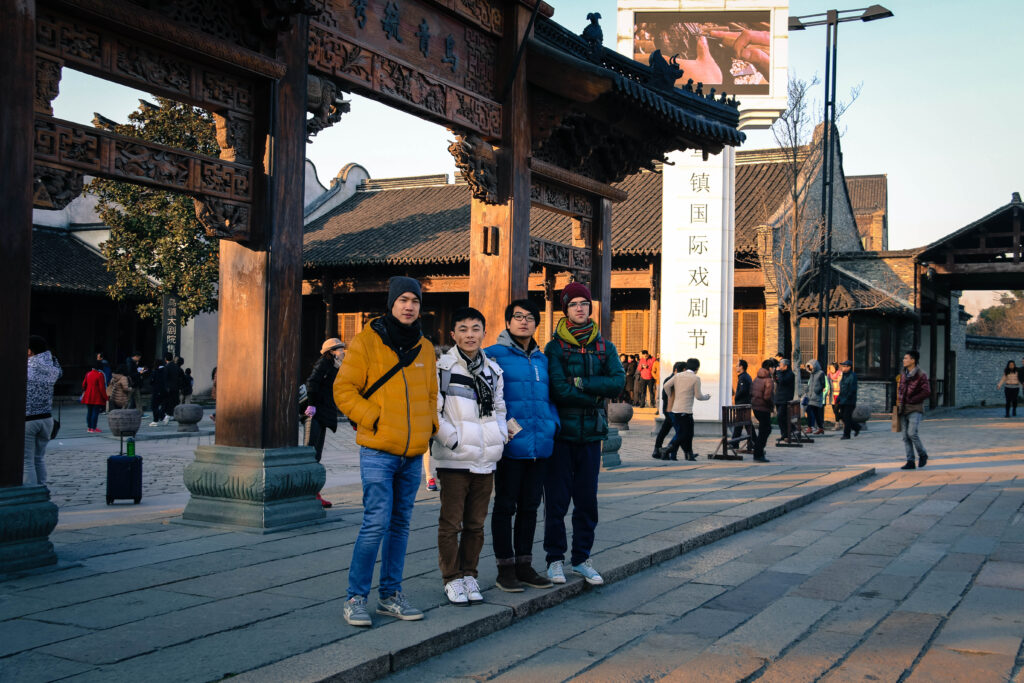
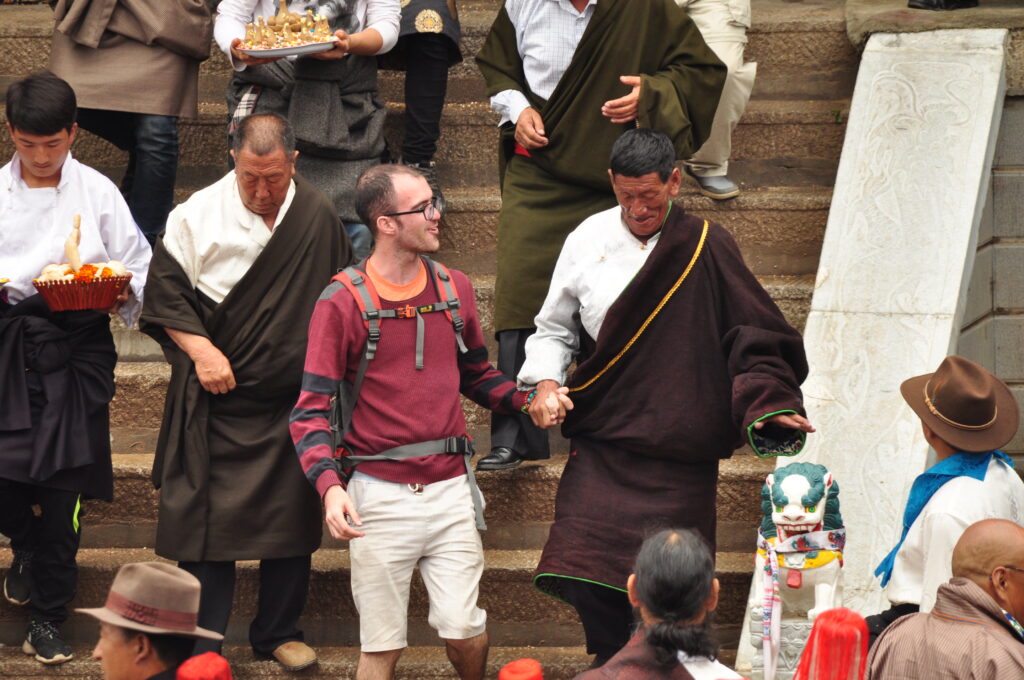
Just days after sharing my findings with Gao-laoshi, another remarkable encounter unfolded. A friend of hers mentioned a man in Shanghai – a folk healer and collector of old medical books and artefacts – known as Master Chen. On her first visit to view his collection, Master Chen proudly declared, ‘Do you know, I am an authentic specialist in zhuyouke 祝由科!’ – an old Chinese healing art centred on talismans and prayers, precisely the focus of my recent discoveries in ancient manuscripts!
The news about Master Chen filled me with excitement. A few weeks later, Gao-laoshi arranged for us to meet. Initially, Master Chen regarded this Brazilian enthusiast of zhuyouke with scepticism. However, that initial doubt quickly gave way to trust, and I had the privilege of becoming his student.
Until my departure from China in mid-2018, I met with Master Chen numerous times. Each visit not only enriched my understanding but also deepened my appreciation for the ancient practice of healing through talismans and prayers. His exceptional collection offered a rare and invaluable glimpse into a largely overlooked facet of Chinese medicine, one that has received scant attention from medical historians.
The vivid memories of watching him heal others with talismans and prayers fuelled my curiosity about the historical legitimacy of his practices. This curiosity became the foundation for my master’s dissertation, which explored debates surrounding the origins and efficacy of talismanic healing in late imperial China.
I became the first non-native Chinese student in Fudan’s Department of History to write and defend a master’s dissertation entirely in Chinese, for which I earned the ‘Outstanding International Student Award’ (中國政府優秀來華留學生) from the PRC’s Ministry of Education in 2018.
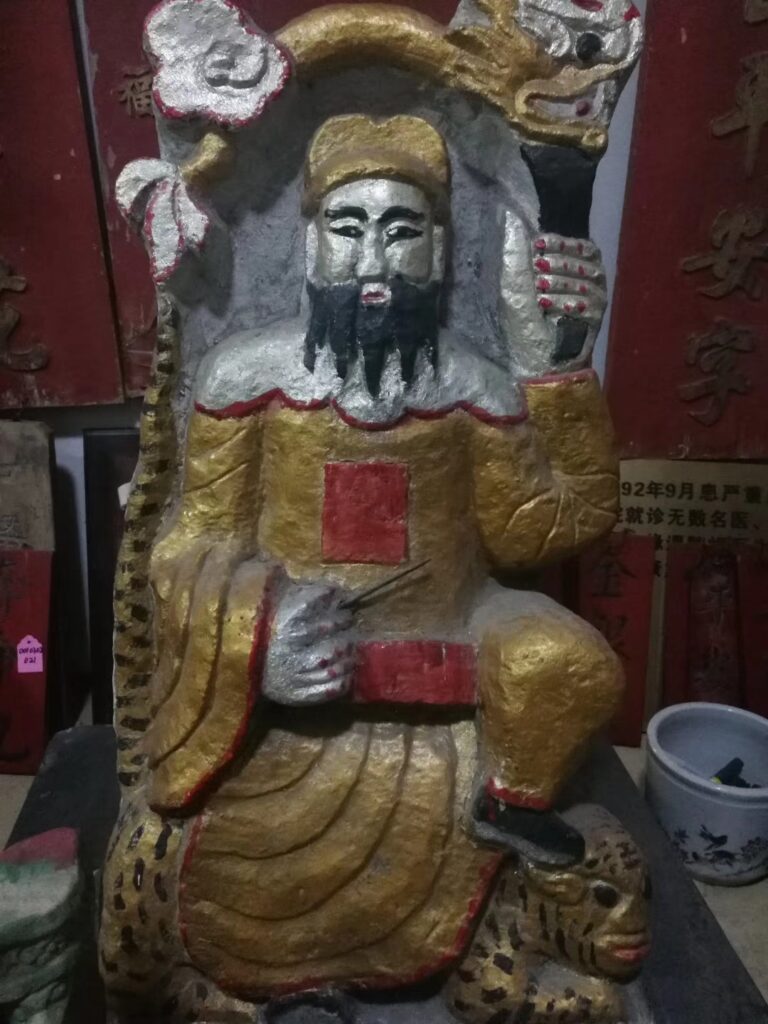
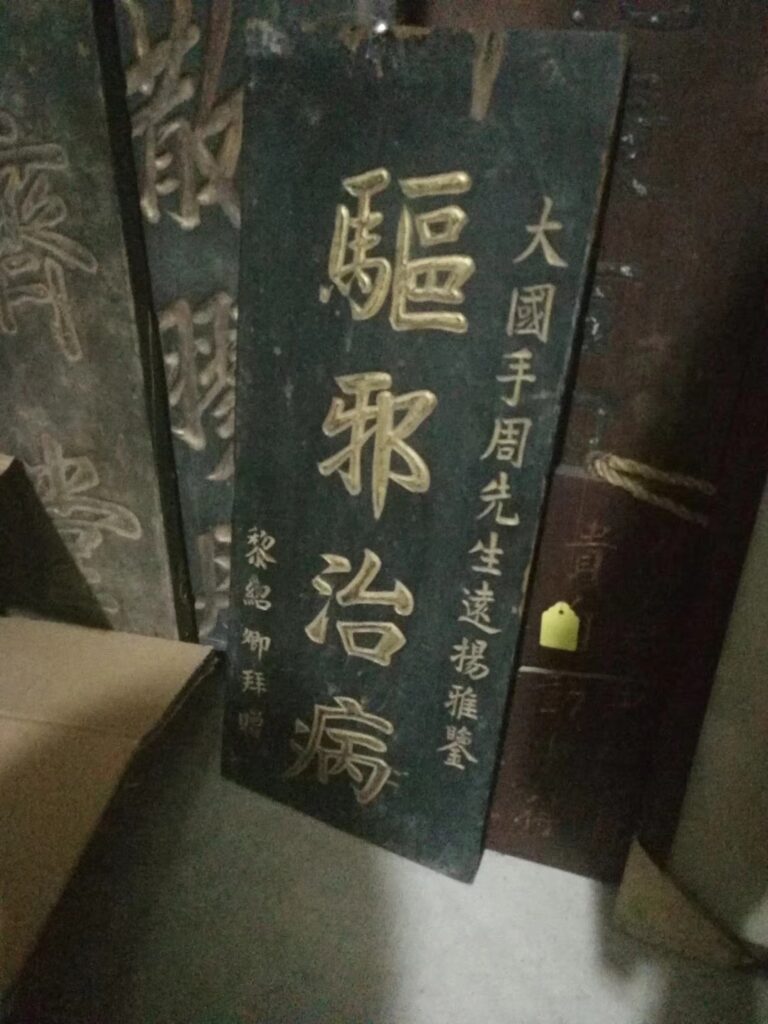
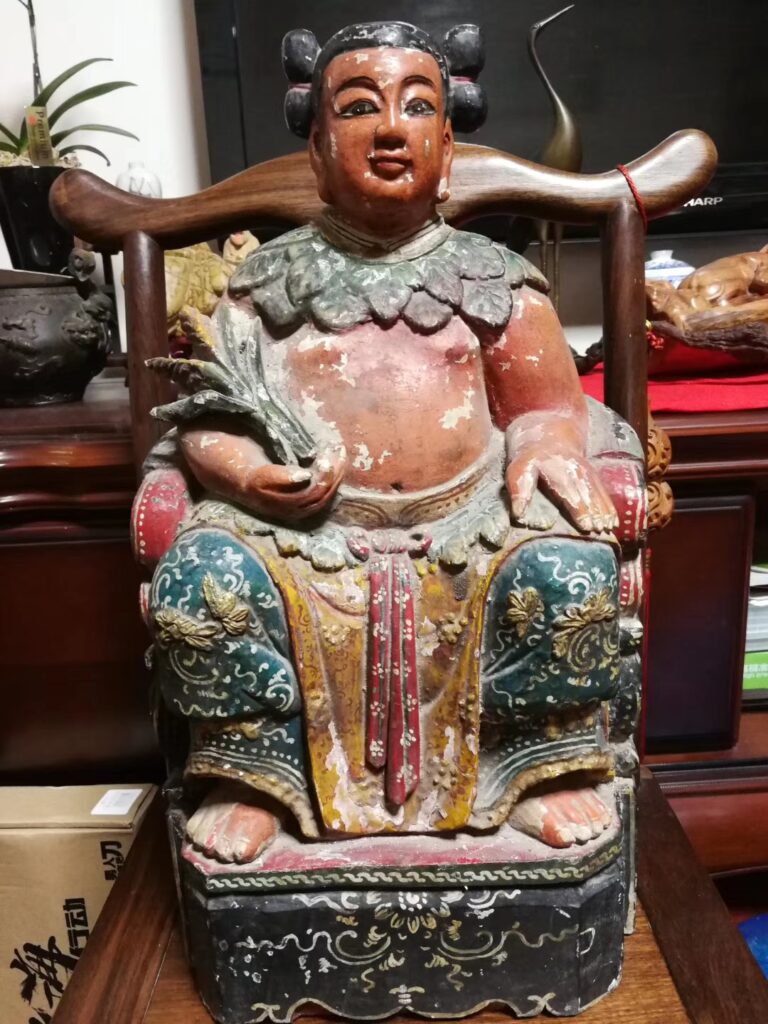
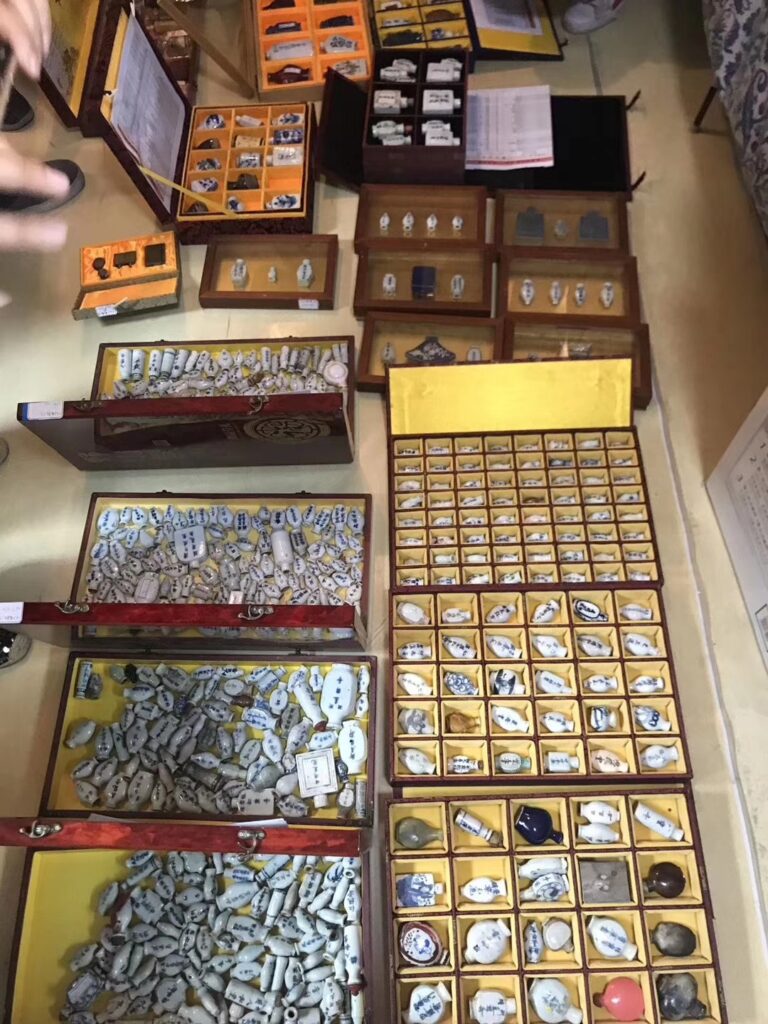
After my time in Shanghai, I moved to Hong Kong to be with my long-distance partner. While there, I had the privilege of collaborating with Prof Angela Ki Che Leung, Prof Izumi Nakayama and Prof David A. Palmer at the University of Hong Kong.
However, my stay in Hong Kong was brief. In mid-2019, I received the exhilarating news that the Wellcome Trust had accepted my research project on the history of psychical research, medicine, and occult arts in early twentieth-century China. Within weeks, I was preparing to embark on a new chapter in London.
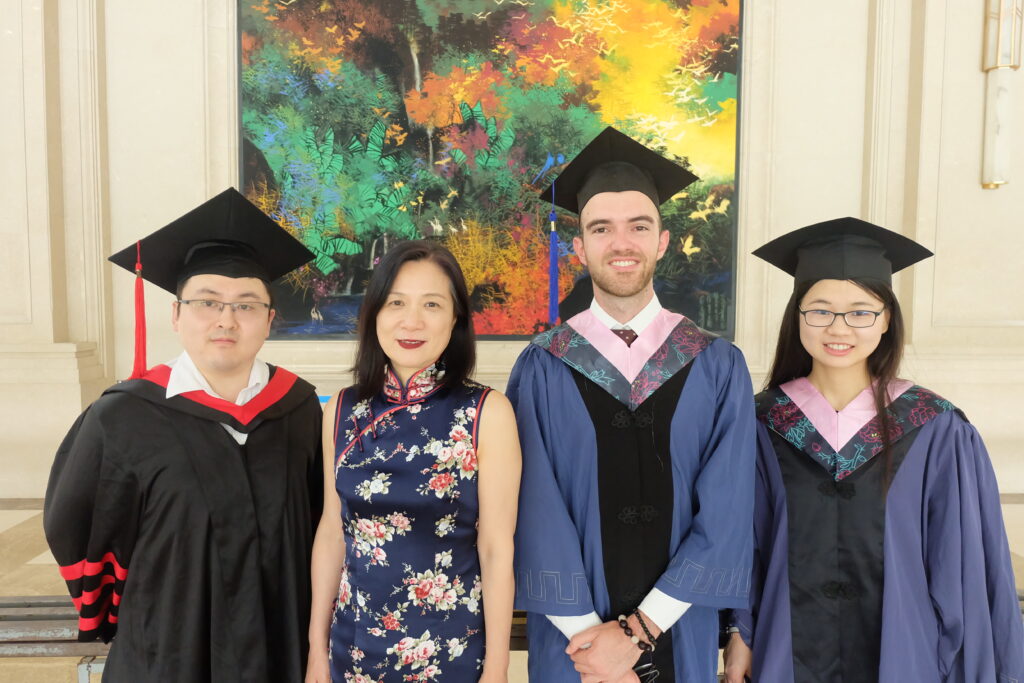
From September 2019 to October 2023, I pursued a Wellcome Trust-funded PhD in the Department of History at University College London, under the supervision of Prof Vivienne Lo and Prof Sonu Shamdasani. My thesis, The Science of the Spirit: Psychical Research, Healthcare and the Revival of the Occult in a Modernising China, explores the transnational history of psychical research in Republican China, especially its impact on Chinese notions of health, well-being and religious experience. I successfully passed my oral examination with no corrections and was honoured to receive the British Association for Chinese Studies Best Doctoral Thesis Award for the best thesis in Chinese studies completed at a British university in 2023.
During my PhD, I also served as a teaching assistant for two undergraduate courses at UCL. Additionally, I had the privilege of working as an inventory and photography assistant in the Wellcome Collection at the Science Museum, London, gaining invaluable experience in medical archival and museum work.
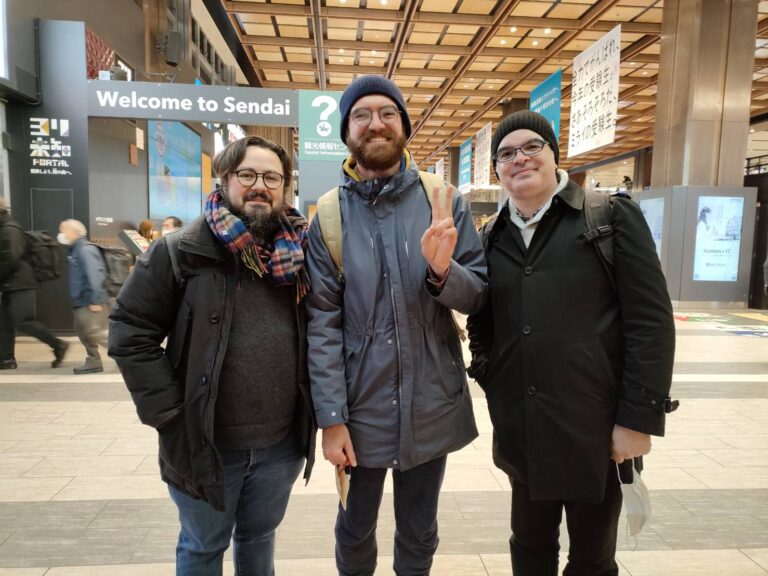
As I delved deeper into the history of psychical research in China, I uncovered numerous exchanges between early 20th-century Chinese and Japanese enthusiasts engaged in animal magnetism, hypnotism and paranormal investigations. This exploration led me to Yoshinaga Shin’ichi 吉永進一, a preeminent scholar in the study of occultism and medicine in modern Japan.
Before his passing in 2022, Yoshinaga-sensei was instrumental in introducing me to the history of psychical research in Japan. He also invited me to co-found the East Asian Network for the Academic Study of Esotericism (EANASE) in 2021.
In early 2022, as COVID-19 restrictions eased and Japan reopened its borders to international students, I had the remarkable opportunity to join the Department of Global Japanese Studies at Tohoku University for a year. There, I worked closely with Prof Orion Klautau and Prof G. Clinton Godart while collecting sources for my research and refining my Japanese language skills.
Immediately after completing my PhD at UCL, I was offered the role of Research Associate at the Centre for the Social History of Health & Healthcare at the University of Strathclyde.
There, I worked on the Wellcome Trust-funded project Building Shared Futures: Co-developing Medical Humanities in China and the UK, an initiative led by Prof Jim Mills (Strathclyde), Prof Robert Kirk (Manchester), Prof Zhang Yong’an (Shanghai University), Prof Gao Xi (Fudan University) and Prof Zhao Jing (Shanghai Academy for Social Sciences).
As part of this collaborative project, I taught undergraduate and master’s students in medical history and co-launched the seminar series Medical Humanities in East Asia and Beyond, which brought together scholars from diverse fields to explore the intersections of medicine, culture and society in East Asia and around the world.
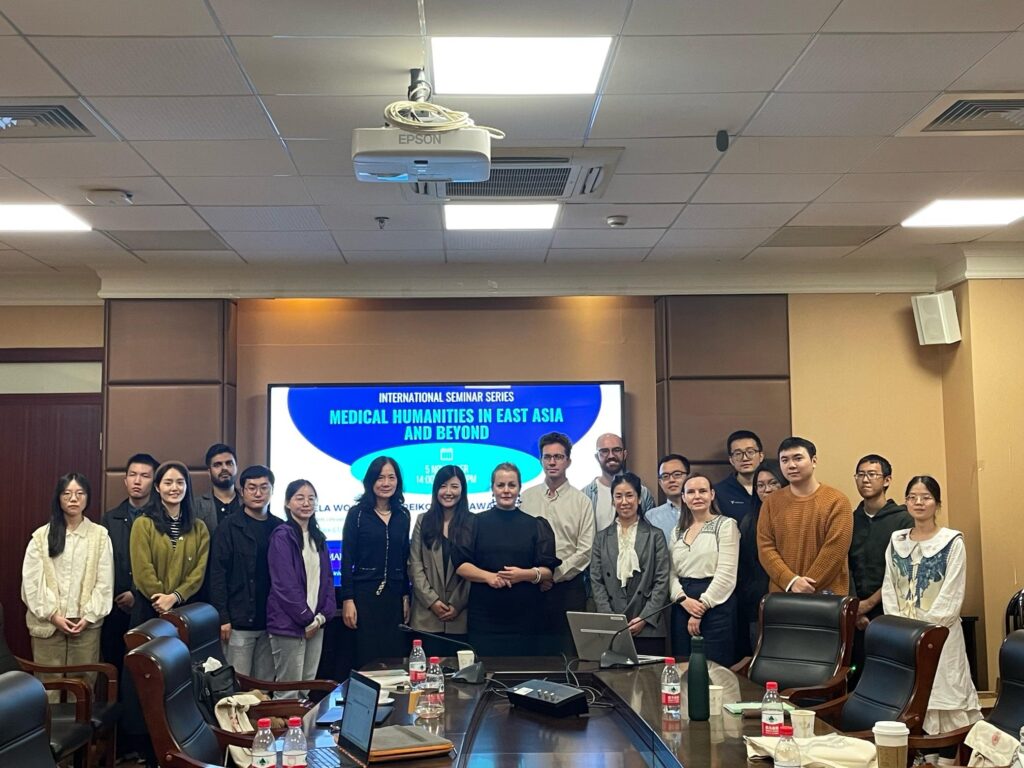
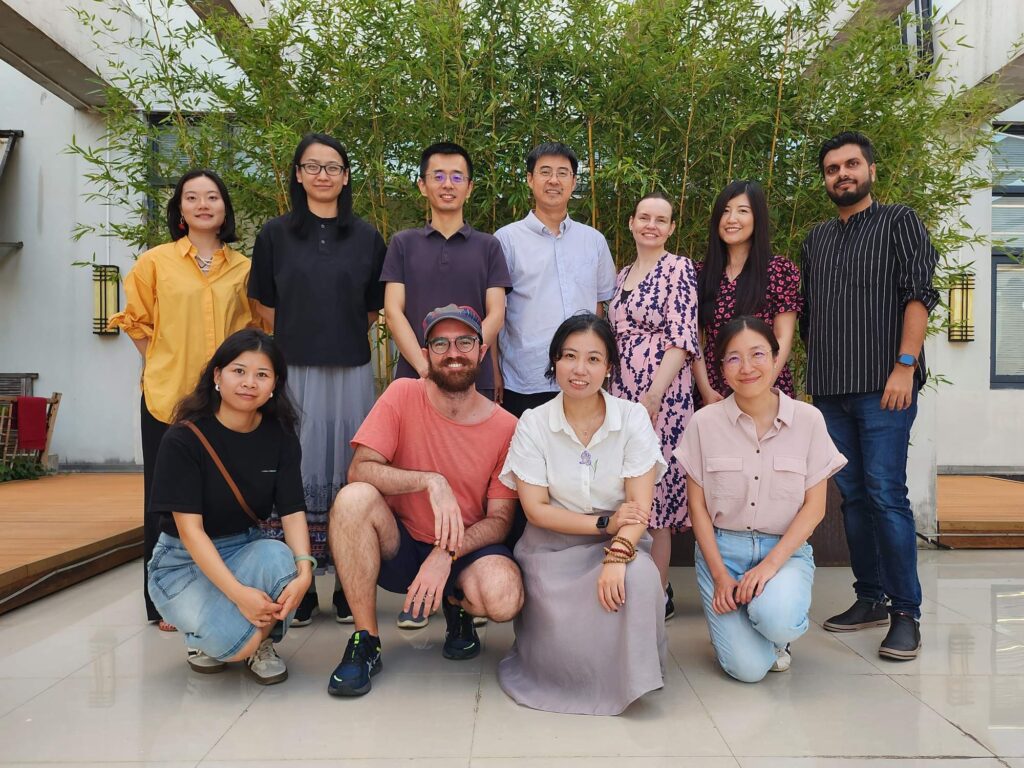
In October 2024, I joined the Department of History and Philosophy of Science at the University of Cambridge as a D. Kim Foundation Postdoctoral Fellow, where I am working with Prof Mary A. Brazelton and Prof Hasok Chang. Here, I am revising my doctoral thesis for publication as a monograph for the Cambridge University Press’ book series ‘Science in History’. I am also a Postdoctoral Member of Clare Hall.
As a medical humanities scholar and global historian, my work explores the interplay between medicine, science and religion in Late Imperial and Republican China. My latest research expands into the transnational history of psychology and mental health in modern East Asia, as well as the history of alternative therapies in South America. A growing interest of mine is the contributions of laypeople (i.e., non-experts) in creating health, psychological and scientific knowledge across East Asia and around the world.
Having grown up in the Global South and trained as a global historian across eight countries, I am deeply committed to decolonising research and pedagogy within the history of science, medicine and psychology.
Trajectory
2009 – 2013
BA in History
Department of History, Universidade Federal de Santa Catarina, Brazil
Jan 2014 – Aug 2014
Chinese Language (Intermediate)
East China Normal University 華東師範大學, China
Sep 2014 – Aug 2015
Chinese Language (Advanced)
Nanjing Normal University 南京師範大學, China
Sep 2015 – Aug 2018
MPhil in Chinese History
Department of History, Fudan University 復旦大學, China
Mar 2022 – Mar 2023
Visiting Research Fellow
Department of Global Japanese Studies, Tohoku University 東北大学, Japan
Sep 2019 – Oct 2023
PhD in History
Department of History, University College London, UK
Jan – Oct 2024
Research Associate
Centre for the Social History of Health & Healthcare, University of Strathclyde, Scotland, UK
Oct 2024 – Present
D. Kim Foundation Postdoctoral Fellow
Department of History and Philosophy of Science, University of Cambridge, UK
